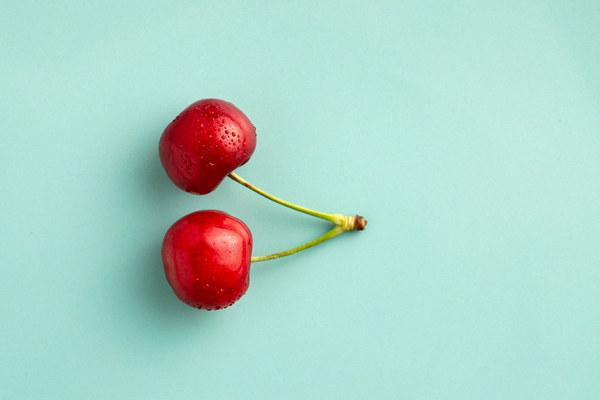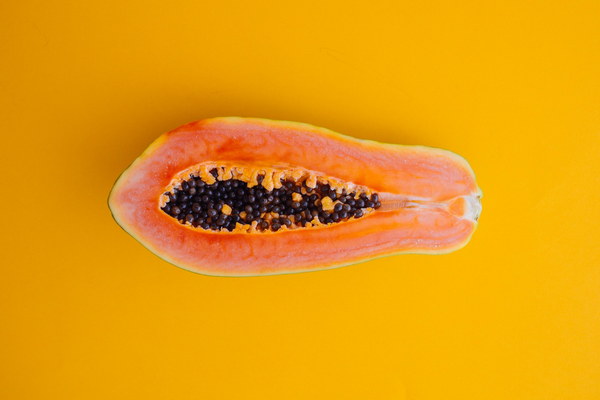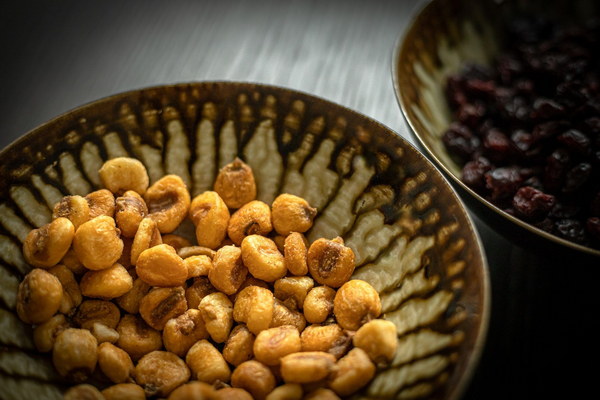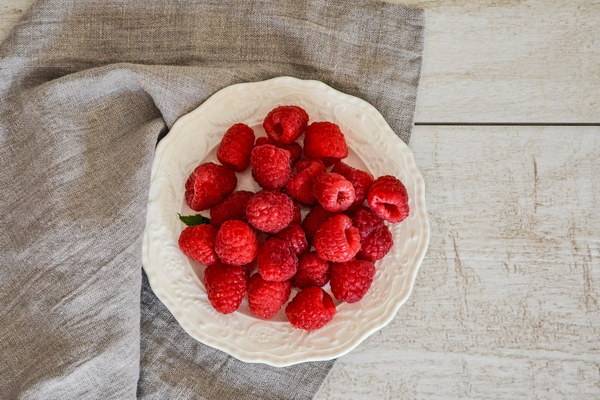Does Baiji Herb Really Nourish the Lungs An InDepth Look into Its Benefits and Uses
In traditional Chinese medicine, Baiji (Bletilla striata) is a herb that has been highly regarded for its ability to nourish the lungs. But does Baiji really live up to its reputation? In this article, we will delve into the scientific and historical evidence behind the use of Baiji to nourish the lungs and explore its benefits and potential uses.
What is Baiji?
Baiji, or Bletilla striata, is a perennial herb that grows in Japan, China, and Southeast Asia. It is known for its edible tubers and medicinal properties. In Chinese medicine, Baiji is considered a lung-nourishing herb, which means it is believed to help with respiratory conditions and support lung health.
Historical Use of Baiji
For centuries, Baiji has been used in traditional Chinese medicine to treat a variety of respiratory conditions, such as coughs, asthma, and tuberculosis. It is also believed to be effective for other lung-related issues, such as chronic bronchitis and lung weakness.
Scientific Evidence
While the historical use of Baiji is well-documented, modern scientific research has been limited. However, some studies have suggested that Baiji may have lung-nourishing properties.
One study published in the Journal of Ethnopharmacology found that Baiji extract exhibited significant anti-inflammatory and antioxidant activities. These properties could potentially contribute to its lung-nourishing effects, as inflammation and oxidative stress are often associated with respiratory diseases.
Another study published in the Chinese Journal of Integrative Medicine investigated the potential benefits of Baiji in treating chronic obstructive pulmonary disease (COPD). The results showed that Baiji extract improved lung function and reduced symptoms in patients with COPD.
Benefits of Baiji
Based on the available evidence, Baiji may offer several potential benefits for lung health:

1. Antioxidant and Anti-inflammatory Properties: Baiji's ability to reduce inflammation and oxidative stress could be beneficial for individuals with respiratory conditions.
2. Improvement of Lung Function: Studies have suggested that Baiji extract may improve lung function, making it a potential treatment for conditions like COPD.
3. Cough Relief: Baiji is commonly used to alleviate coughs, and some evidence suggests it may be effective for this purpose.
Potential Uses of Baiji
While Baiji is most commonly used to nourish the lungs, it may also be beneficial for other health conditions:
1. Respiratory Conditions: Baiji is traditionally used to treat a variety of respiratory conditions, such as coughs, asthma, and tuberculosis.
2. Immune Support: Its antioxidant and anti-inflammatory properties may also contribute to immune system support.
3. Lung Weakness: Baiji is believed to help strengthen the lungs, making it a potential treatment for lung weakness or fatigue.
Conclusion
While Baiji has a long history of use in traditional Chinese medicine for lung health, scientific evidence supporting its lung-nourishing properties is still limited. However, the available research suggests that Baiji may offer several potential benefits for lung health, including antioxidant and anti-inflammatory effects, improved lung function, and cough relief.
As with any herbal supplement, it is essential to consult with a healthcare professional before using Baiji, especially if you have pre-existing health conditions or are taking other medications. While Baiji may have potential benefits, it is always best to err on the side of caution and seek professional advice.









